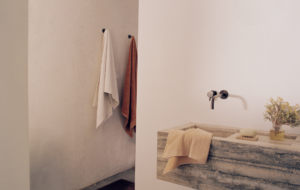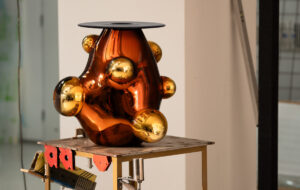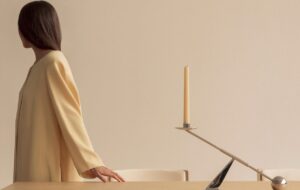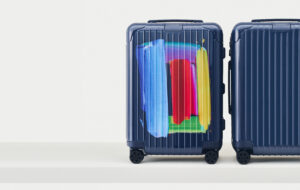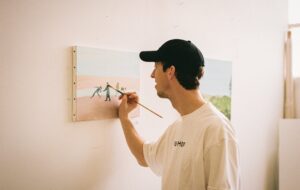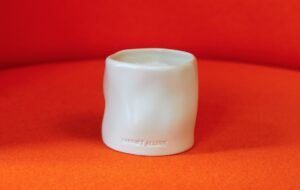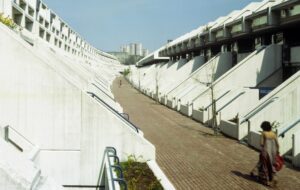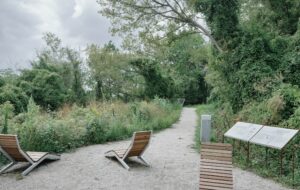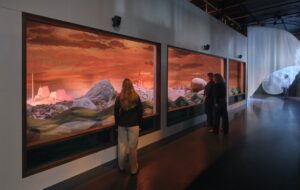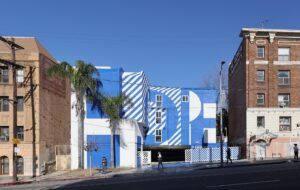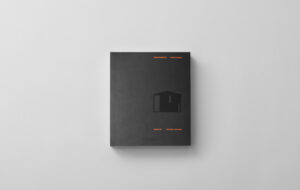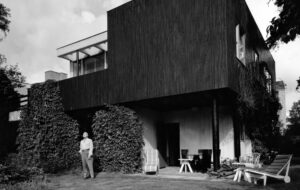|
|
||
|
Podcetrtek is a tiny village on Slovenia’s eastern border with Croatia, whose 50 or so inhabitants are mostly involved in tourism, cattle breeding and forestry. Ljubljana-based architect Enota has completed a new sports hall and municipal centre for the village. With its angular black and red form, the sports hall is the latest in a series of buildings that Enota has built in Podcetrtek over the last decade. The first three of these, a hotel and two wellness centres, were all award-winning designs built for a thermal spa and resort on the edge of the village. This new sports hall is the only indoor public venue that the village possesses, and will be used by both the tourists at the thermal spa and the locals from the wider municipality. “Because there isn’t a town hall, it was important to provide a place for local events,” explains Karmen Bovha of Enota. “It’s built as a sports facility, but cultural events also take place there.” In order to raise the building above a blank shed and give it a sense of life, Enota performed two main gestures: the entrance to the building was folded to create what the architect refers to as a “red carpet”, leading up from the car park to the main doors. As well as this, large-scale perforations were cut into the cladding, which at night shine as giant flowers on the facade. “The red carpet and the flowers give a festive feeling to the facility so that it’s not just a plain building, not just a square,” says Bovha. The Slovenian architecture scene has been particularly active recently. Enota has completed numerous buildings in the last decade, with other firms such as OFIS similarly prolific. This Slovenian architecture is often recognisable: it tends to make overt use of colourful cladding and “pop” styles, as well as simple but exuberant formal transformations. After a period of decline following independence, a generation of architects who were studying during the 1990s are now working hard. “There are a large number of Slovene architects at the moment, and competition is quite harsh,” says Bovha, laughing. “But that helps all of us.” |
Image Miran Kambič
Words Douglas Murphy |
|
|
||


